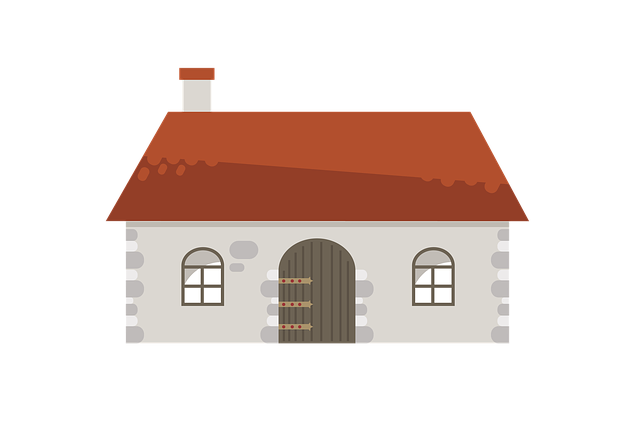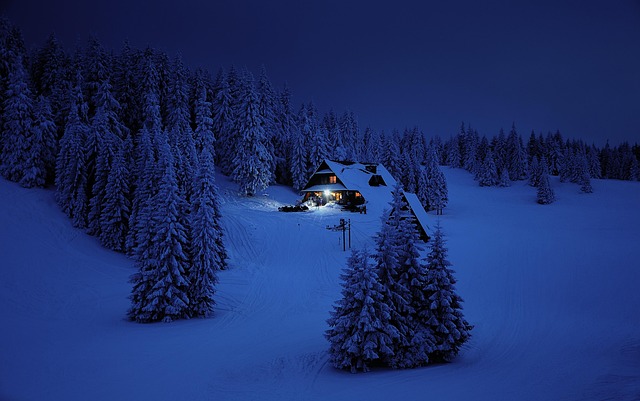House sitting is a mutually beneficial arrangement for travelers and homeowners. It allows owners to leave their homes and property well-cared for while travelers enjoy cost-effective accommodation and cultural experiences. To become a house sitter, connect with local networks, create an appealing profile, and build trust through references. Accepting roles requires thorough preparation, understanding responsibilities, clear communication, reliability, and respect for both the home and neighbors. This ensures harmonious house-sitting experiences.
House sitting is a fantastic option for snowbirds and travelers looking for a cost-effective and pet-friendly way to stay. It offers numerous benefits, including maintaining your home’s condition, providing peace of mind, and contributing to a growing community of responsible travelers. This article delves into the world of house sitting, guiding you from understanding its advantages to getting started and mastering best practices for successful assignments.
- Understanding House Sitting: Benefits for Snowbirds and Travelers
- Getting Started: How to Become a House Sitter
- Tips and Best Practices for Successful House Sitting Assignments
Understanding House Sitting: Benefits for Snowbirds and Travelers

House sitting is a popular option for both snowbirds and travelers who want to enjoy their vacations while ensuring their homes remain well-cared for. This practice involves trusted individuals assuming responsibility for maintaining a property during the owner’s absence, offering significant advantages for those embarking on extended journeys or seasonal retreats.
For snowbirds migrating to warmer climates, house sitting provides peace of mind. It allows them to leave their homes in good hands, preventing potential issues like forgotten appliances, mail pileup, or even burglaries. Travelers, too, benefit from this arrangement by saving on accommodation costs while exploring new destinations without the worry of home maintenance. House sitting fosters a sense of community and trust, creating opportunities for local connections and unique cultural exchanges.
Getting Started: How to Become a House Sitter

Becoming a house sitter can be an exciting and rewarding way to help others while exploring new places. To get started, begin by networking with friends, neighbors, or local community groups who may know of opportunities. Online platforms dedicated to house sitting are also abundant; join these communities to browse listings and connect with property owners seeking reliable sitters.
Build a compelling profile highlighting your experience, references, and why you’re passionate about caring for homes and pets. Demonstrating responsibility, attention to detail, and love for animals will make you an appealing candidate. Additionally, be prepared to provide references from previous house sitting engagements or neighbors who can attest to your trustworthiness and reliability.
Tips and Best Practices for Successful House Sitting Assignments

When taking on house-sitting assignments, whether for snowbirds or travelers, it’s crucial to prepare and follow best practices to ensure a smooth and successful experience for both parties. Begin by thoroughly understanding the responsibilities involved in house sitting—this includes tasks like feeding pets, watering plants, collecting mail, and maintaining the property. Communicate openly with the homeowners regarding their expectations, any specific care instructions for pets or plants, and your availability during their absence.
Prioritize reliability and punctuality; show up on time to take possession of the property and keep a consistent presence while the homeowners are away. Maintain open lines of communication throughout your stay, promptly reporting any maintenance issues or unexpected events. Leave the home in the same clean and tidy condition as you found it, and be mindful of nearby neighbors to maintain a harmonious living environment. Regularly update the homeowners on your activities and observations during your house-sitting assignment, fostering trust and ensuring their peace of mind.
House sitting is a fantastic way for snowbirds and travelers to keep their homes safe and sound while they’re away, offering numerous benefits including cost savings, peace of mind, and a sense of community. By understanding the basics, getting properly prepared, and following best practices, anyone can become a successful house sitter. Embrace the opportunity to explore new places, connect with neighbors, and contribute to a thriving community through this rewarding experience.














